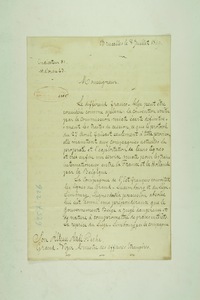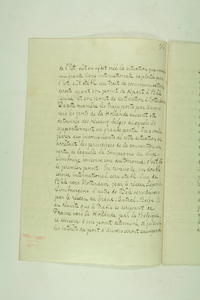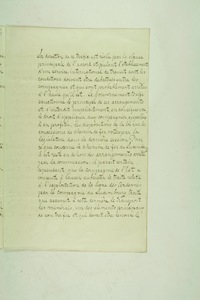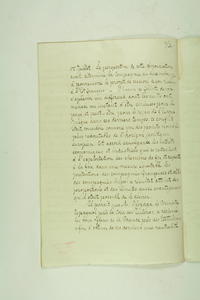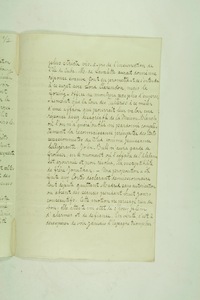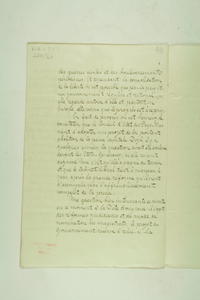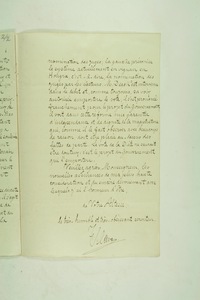Ottoman Diplomats
Letters from the Imperial Legation in Brussels (1849–1914)
Synopsis
The French-Belgian dispute about the railroads seemed to have smoothed. Finally a mixed service was created for the international trains between France and Holland. Glavany gives a very detailed description of the results of the agreement. He also explains the political and economic importance of this agreement. Spanish minister Olozaga appeared to have asked France to act as a mediator and ask the United States to adopt a more strict neutrality towards Cuba. The French Minister for Foreign Affairs, De Lavalette, did not seem so keen on the idea, and Glavany explains why. Furthermore, he is pessimistic about the new bill that states that Spanish MPs who leave Madrid without permission or who were absent in parliament for eight consecutive days should be dismissed. According to Glavany this testifies of an alarming state, marked by distrust. He then stresses that the consolidation of liberty is only possible thanks to peace and a regular national government. Spain should have learned from the rest of Europe that progress comes at this price. About progress, Glavany is glad to report the abolishment of death penalty in the Netherlands. In the meantime, the Hungarian parliament discussed judicial reforms. Glavany briefly describes the Hungarian debates on who should appoint the judges, and predicts the triumph of the Hungarian government (which would have the right to appoint the judges).
Facsimiles
How to cite
If you use this website for your own research, we kindly ask you to mention the following reference in your publications:
Consulted online at Ottoman Diplomats: Letters From the Imperial Legation in Brussels (1849–1914) (2014 Edition), Centre for Political History (PoHis), University of Antwerp, <http://dighum.uantwerpen.be/ottomandiplomats/>.
